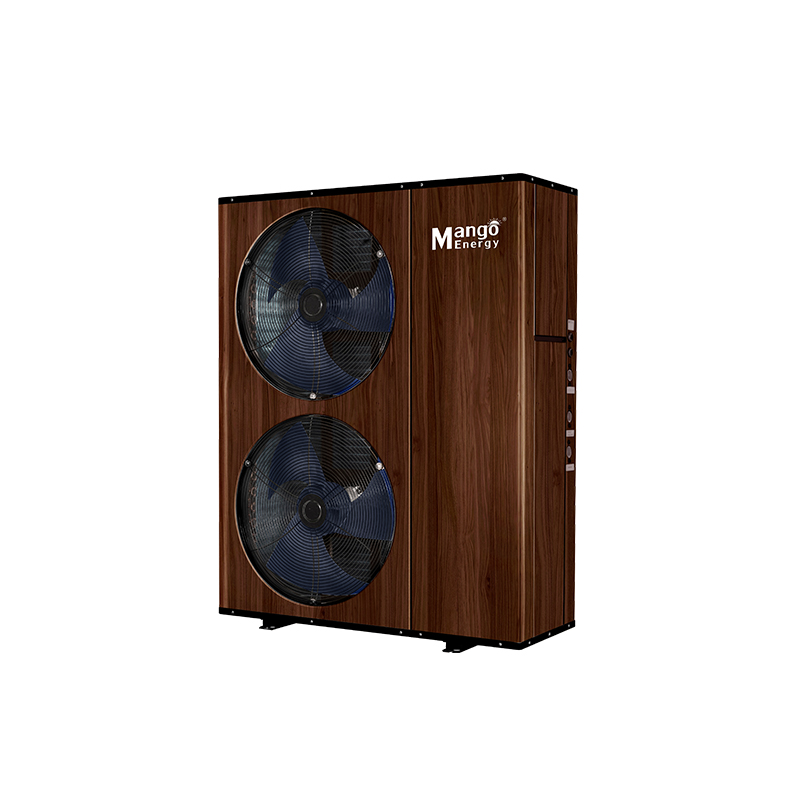As the push for sustainable living continues to grow, many homeowners are turning to geothermal heat pumps as a viable option for efficient heating and cooling. However, despite their increasing popularity, several misconceptions about geothermal ground source heat pumps can lead to misunderstandings and hesitation. In this article, we¨ll debunk some of the most common myths surrounding geothermal energy heat pumps to help you make an informed decision about this eco-friendly technology.consequently air source heat pump I also got a lot of attention and wanted to join the ranks. http://mangoenergyheatpump.com
1. Geothermal Heat Pumps Are Too Expensive
One of the most widespread misconceptions about geothermal heat pumps is that they are prohibitively expensive. While the initial installation cost of a geothermal ground source heat pump is higher compared to traditional heating and cooling systems, the long-term savings can make it a cost-effective choice. The high upfront investment is often offset by significantly lower energy bills, reduced maintenance costs, and various tax incentives and rebates. Over time, the efficiency and durability of geothermal energy heat pumps can result in substantial savings, making them a financially wise decision.
2. Geothermal Heat Pumps Don¨t Work in Cold Climates
Another common myth is that geothermal heat pumps are ineffective in colder climates. In reality, geothermal ground source heat pumps are highly efficient regardless of the external temperature. They work by transferring heat from the ground, which maintains a relatively constant temperature throughout the year. Even in regions with harsh winters, the ground remains a stable heat source, allowing geothermal energy heat pumps to provide consistent heating and cooling performance.
3. Installation Is Too Disruptive
Some homeowners worry that installing a geothermal heat pump will be too disruptive and require extensive excavation. While it¨s true that installing a geothermal ground source heat pump involves some digging, advancements in technology and installation methods have significantly reduced the impact. Horizontal loop systems, which require extensive digging, can be replaced with vertical loop systems that involve smaller boreholes. Moreover, the installation process is generally less disruptive than major renovations and is often completed within a few days.
4. Geothermal Heat Pumps Require Constant Maintenance
There is a misconception that geothermal energy heat pumps demand constant maintenance. In fact, geothermal heat pumps are known for their reliability and low maintenance requirements. Unlike traditional heating and cooling systems that rely on combustion, geothermal ground source heat pumps have fewer moving parts and do not involve high-temperature operations. Regular maintenance, such as checking the loop system and ensuring that the heat pump¨s filters are clean, is typically sufficient to keep the system running efficiently.
5. Geothermal Heat Pumps Are Noisy
Some people believe that geothermal heat pumps are noisy and disruptive. However, geothermal energy heat pumps are among the quietest HVAC systems available. Since the primary components of a geothermal ground source heat pump are located underground or in a basement, noise levels are significantly lower compared to traditional systems with outdoor compressors. The indoor units are designed to operate quietly, ensuring that your home remains peaceful and comfortable.